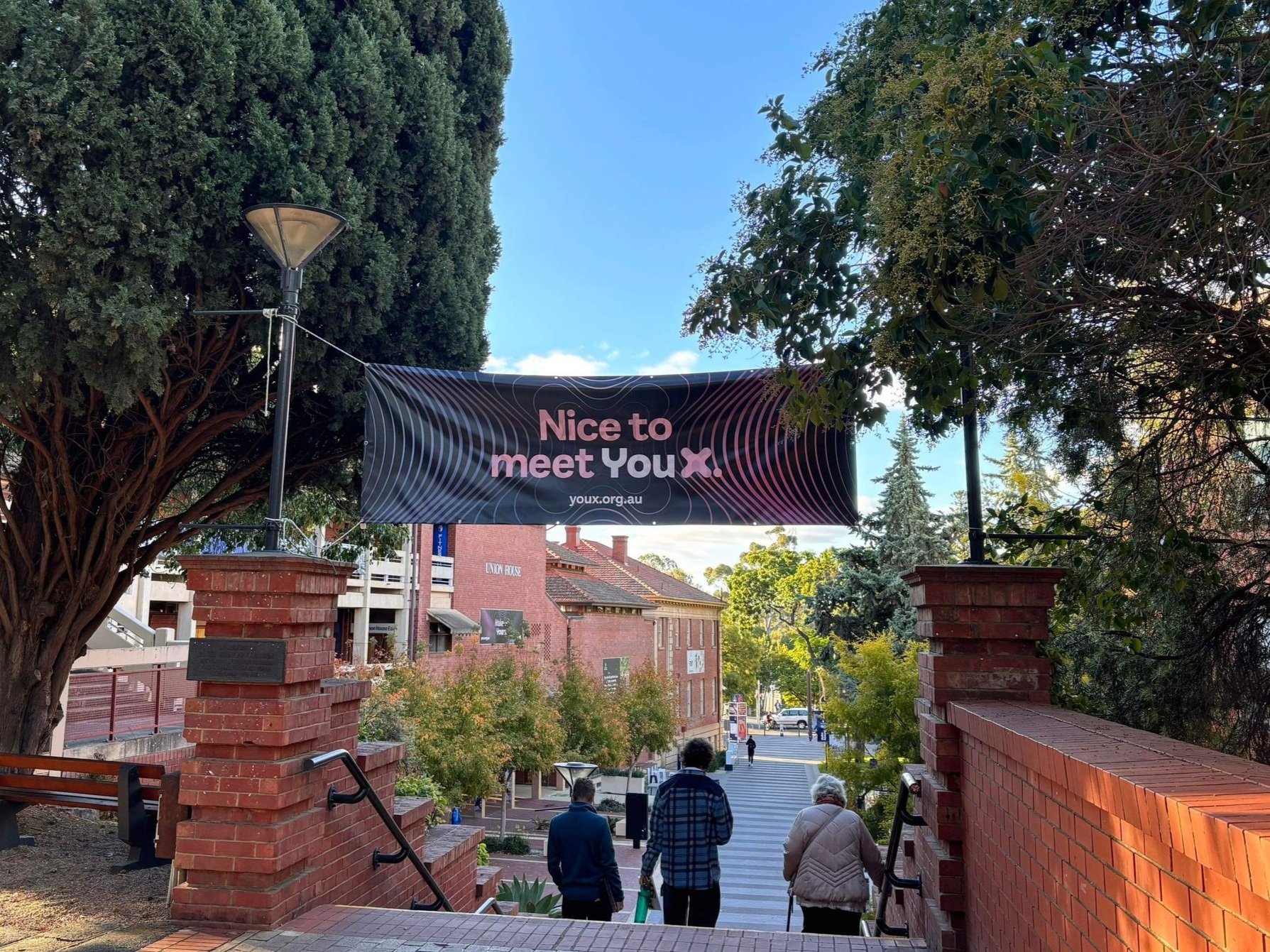The Voice to Parliament: what is it and what opportunities will a ‘yes’ vote bring?
WORDS BY JESSICA ROWE.
Disclaimer: This article was written by a non-Indigenous person who wishes to recognise her privilege as a person with convict and colonial ancestry and use this opportunity to direct readers to resources created by First Nations people, particularly, the Uluru Statement From The Heart.
Now is a momentous time in Australian history, as citizens take to the ballots on October 14th to vote on constitutional recognition and an enshrined voice to parliament for Aboriginal and Torres Strait Islander people. For many of you, this will be your first time voting in a referendum! Exercising our democratic rights; how exciting! Below is some information detailing what the Voice to Parliament is, where it comes from, and its importance.
Why has the Voice to Parliament been proposed?
It’s been 16 years since the Closing the Gap campaign was established.
In 2023, 4 out of 20 Closing the Gap areas have actually gotten worse. These include incarceration rates, early education performance, suicide rates, and children in out-of-home care.
Only 4 goals have been reported as being ‘on track’ for this year’s targets.
There is an estimated gap of 17 years between the average life expectancy of Indigenous people compared to non-Indigenous people.
In 2018, First Nations people, who make up 2% of the population, were reported to have made up 27% of our prison population.
In 2021 the Department for Health and Ageing reported the burden of disease for Aboriginal and Torres Strait Islander people as 2.3 times that of non-Indigenous Australians.
These are just some of the issues that a voice to parliament could provide advice on.
Over 100,000 First Nations people were forcibly removed from their families and raised in – often abusive – institutions. The pain of this trauma doesn’t disappear one generation later, or even two, but passes from generation to generation. Many members of the First Nations communities bear the wounds of intergenerational trauma. A voice to parliament could provide a channel for communities to advise the government about what they think will help to heal.
What is the referendum question?
“A Proposed Law: to alter the Constitution to recognise the First Peoples of Australia by establishing an Aboriginal and Torres Strait Islander Voice.
Do you approve this proposed alteration?”
What is the constitutional amendment?
“Chapter IX Recognition of Aboriginal and Torres Strait Islander Peoples
129 Aboriginal and Torres Strait Islander Voice
In recognition of Aboriginal and Torres Strait Islander peoples as the First Peoples of Australia:
there shall be a body, to be called the Aboriginal and Torres Strait Islander Voice;
the Aboriginal and Torres Strait Islander Voice may make representations to the Parliament and the Executive Government of the Commonwealth on matters relating to Aboriginal and Torres Strait Islander peoples;
the Parliament shall, subject to this Constitution, have power to make laws with respect to matters relating to the Aboriginal and Torres Strait Islander Voice, including its composition, functions, powers and procedures.”
EDITORIAL NOTE: This article has been reuploaded and was originally published in 2023.
RELATED ARTICLES



REPORTED BY LACHLAN WHITE.
A crushing landslide for FIRE-UP, maintaining its hold on student council. The fortress isn’t burnt as the flame is still going, it sees a second term.